Gas station deals should come with a healthy does of skepticism. While the flashing signs and colorful banners might promise convenience or a bargain, the reality is often less rosy. These deals, designed to catch your eye and lighten your wallet, sometimes deliver more sizzle than steak. Here are 13 common gas station deals that might be trying to fool you, explained so you can steer clear of the pitfalls on your next pit stop.
1. The “Free” Car Wash

You see a sign promising a “free” car wash with a fill-up, and your car could certainly use it. It seems like a win-win scenario until you realize that the cost of the car wash is likely baked into the gas prices. The station has cleverly marked up their per-gallon price so that you’re effectively paying for that “free” wash. What you gain in a clean car, you might lose in overpaying for gas.
According to a report by MarketWatch, these bundled deals are a classic marketing strategy that trades on perceived value. Often, the premium you’re paying per gallon could be more than the cost of a standalone car wash elsewhere. So, the next time your local station offers a shiny bonus, take a minute to do the math. Sometimes, a little extra effort can save you a lot more in the long run.
2. The Rewards Card with Caveats
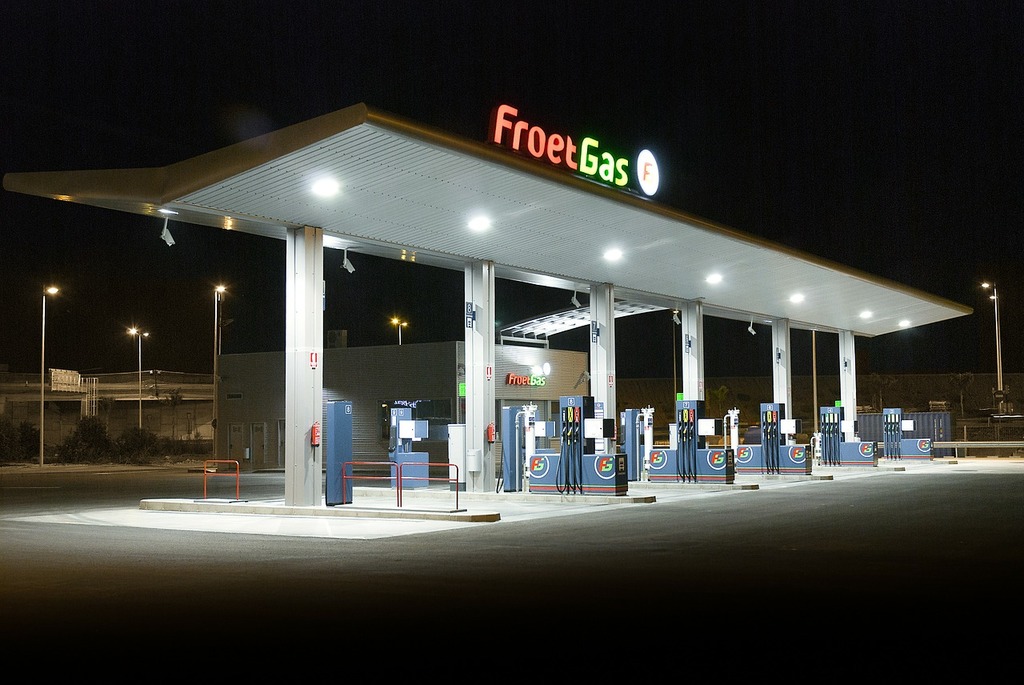
Rewards cards sound like a fantastic idea, promising discounts and points for future savings. But how many times have you actually reaped those rewards? Gas stations often impose restrictions or high point thresholds that make reaching the coveted discount a rare feat. The points might expire long before you can accumulate enough for any significant benefit.
Additionally, these cards can entice you to make unnecessary purchases just to earn points faster. Instead of saving, you’re spending on things you don’t need. It’s a clever psychological tactic that taps into our love for collecting and completing a set. In the end, you might be better off sticking with fair pricing than chasing elusive rewards.
3. The Premium Gas Myth
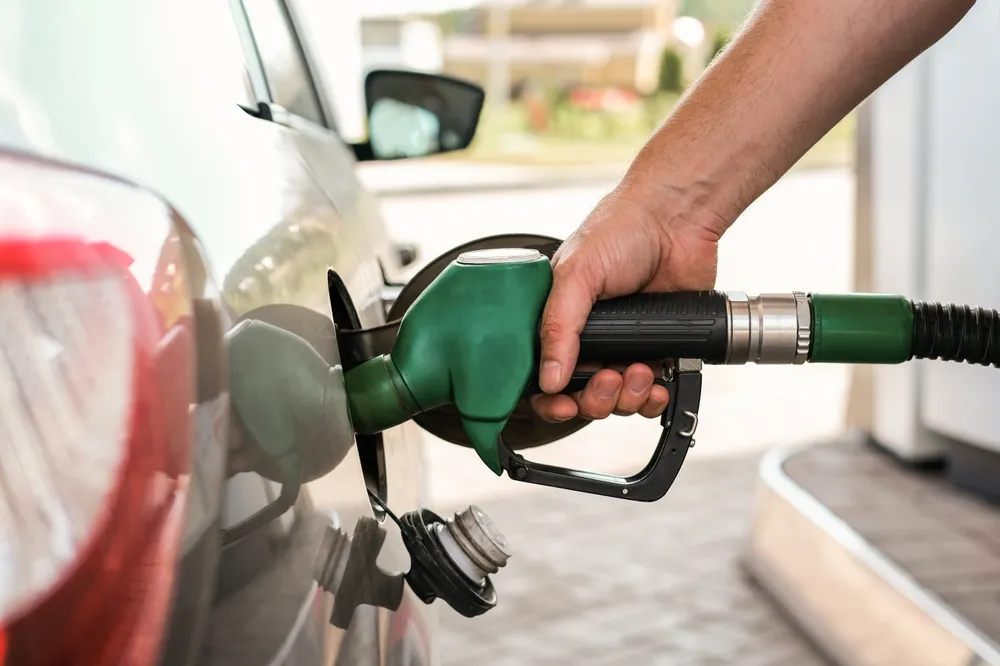
You’ve seen it: the suggestion that premium gas is the best choice for your car’s engine. Unless your vehicle specifically requires high-octane fuel, there’s little to no benefit in opting for premium. Consumer Reports has repeatedly highlighted that most cars don’t gain any performance or efficiency benefits from pricier fuel. It’s a common misconception that ends up costing you significantly more at the pump.
The allure of premium fuels lies in a well-marketed myth about engine care. But unless your car’s manual specifically recommends it, you’re likely falling for a costly ploy. Regular unleaded gas is formulated to meet the needs of most engines. Save your pennies for something that truly benefits your vehicle.
4. The Gourmet Snacks at Fast Food Prices
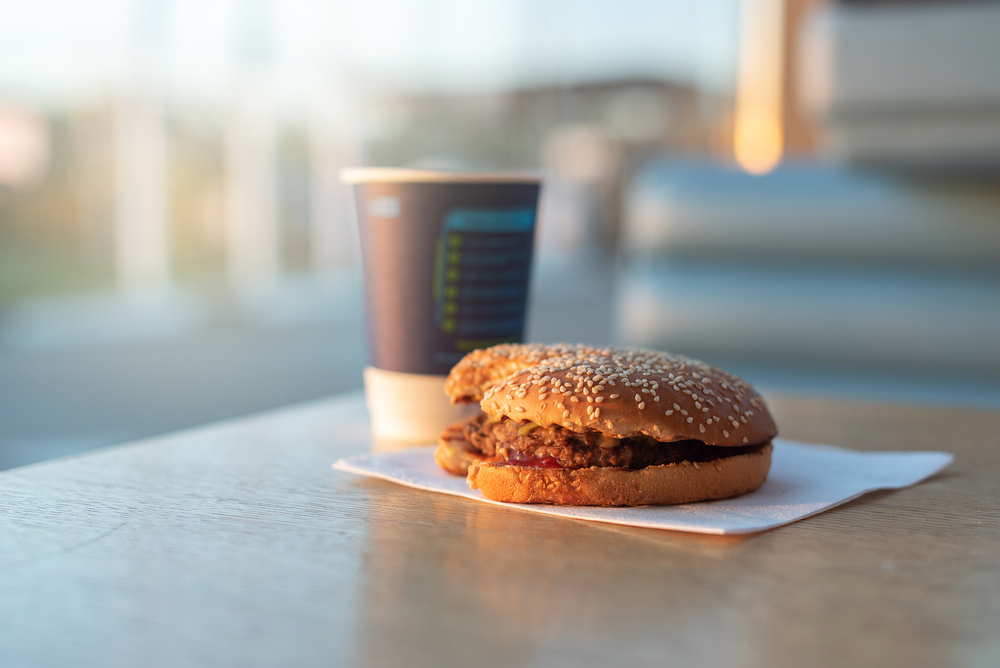
With our busy lives, grabbing a snack while filling up seems harmless. But take a closer look at those artisanal chips and organic bars. Gas stations often price these items higher than grocery stores, banking on your impulse buys. It’s an upsell that can turn a simple snack into an overpriced indulgence.
Convenience is the main allure, but it comes at a premium. The markup on these items can be staggering, especially when compared to what you’d pay elsewhere. Consider stocking up on your favorite snacks during your regular grocery trips. Your wallet – and taste buds – will likely thank you.
5. The Inflated Tire Air
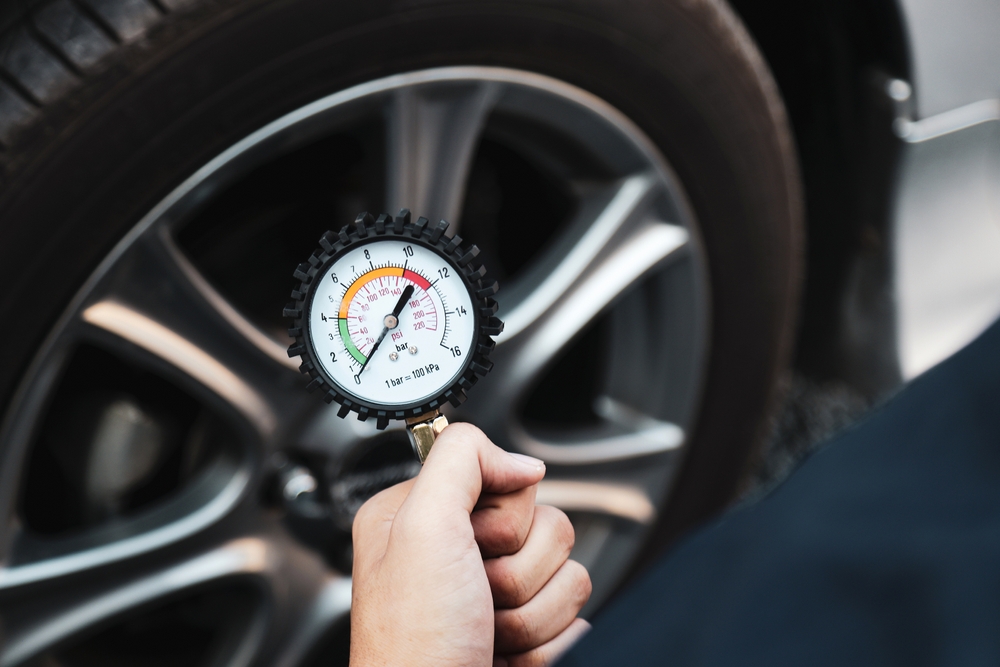
Remember when air was free? Now, many stations charge for what used to be a complimentary service. This nominal fee may seem minor, but it’s another way gas stations profit from convenience. A report from the American Automobile Association (AAA) emphasizes the importance of maintaining proper tire pressure, yet paying for air can feel like adding insult to injury.
However, some states require stations to offer free air with fuel purchases, but the regulation isn’t always enforced. It’s worth checking your local laws or asking the attendant if the air is complimentary with gas. This small inquiry can keep a few bucks in your pocket over time. Alternatively, consider investing in a home air compressor for long-term savings.
6. The Cash Discount That Isn’t
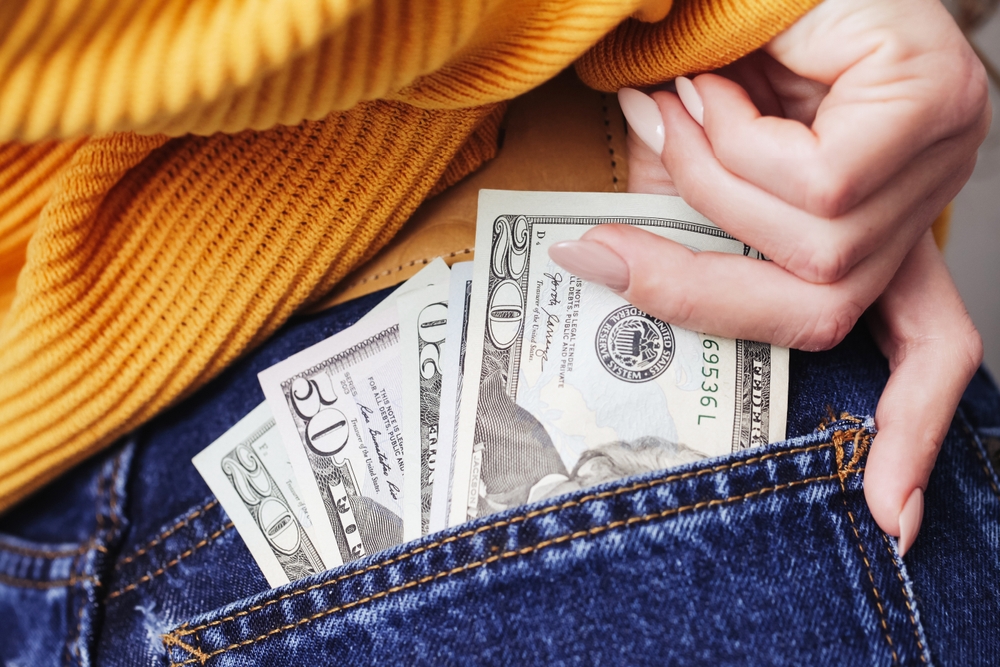
Cash discounts might seem like a smart way to save, but they don’t always work in your favor. Some stations advertise a lower price for cash transactions, yet the difference is not always substantial. By the time you factor in the inconvenience or potential bank fees, the savings might be negligible. It’s a strategy that often plays into our desire for immediate savings, even if it’s marginal.
People often overlook the fact that cash discounts can complicate their budgeting or make it harder to track expenses. Credit and debit cards offer the convenience of digital records, which can be invaluable for personal finance management. Before you opt for cash, consider whether the savings truly outweigh the benefits of sticking with plastic. Sometimes, the convenience of a card is worth more than a few cents per gallon.
7. The “Buy Two, Save More” Trap
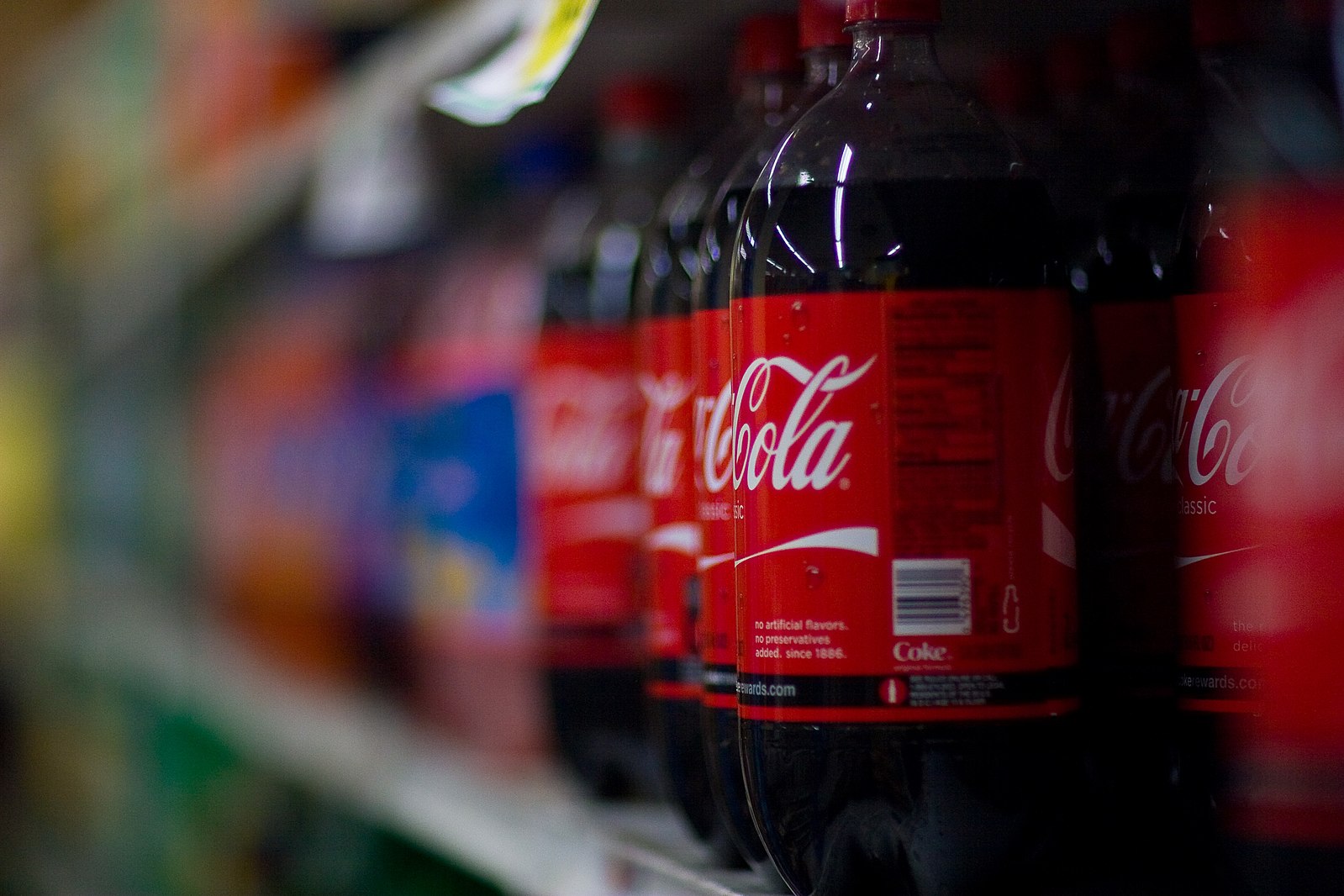
You spot a deal offering savings when you buy two of the same item. It seems like a smart choice until you realize you didn’t really need the second item. This is a classic case of a psychological pricing strategy designed to increase sales volume. The Journal of Consumer Research highlights how such deals exploit our instinct to maximize perceived value even at the cost of practicality.
Before succumbing to this tactic, ask yourself if you truly need double the product. Often, the answer is no, and you’re left with extra clutter or wasted food. Instead, focus on purchasing only what you need, and you’ll find that the savings add up over time. Sometimes, the best deal is the one you don’t make.
8. The Lottery Tickets Hailed as “Quick Win”
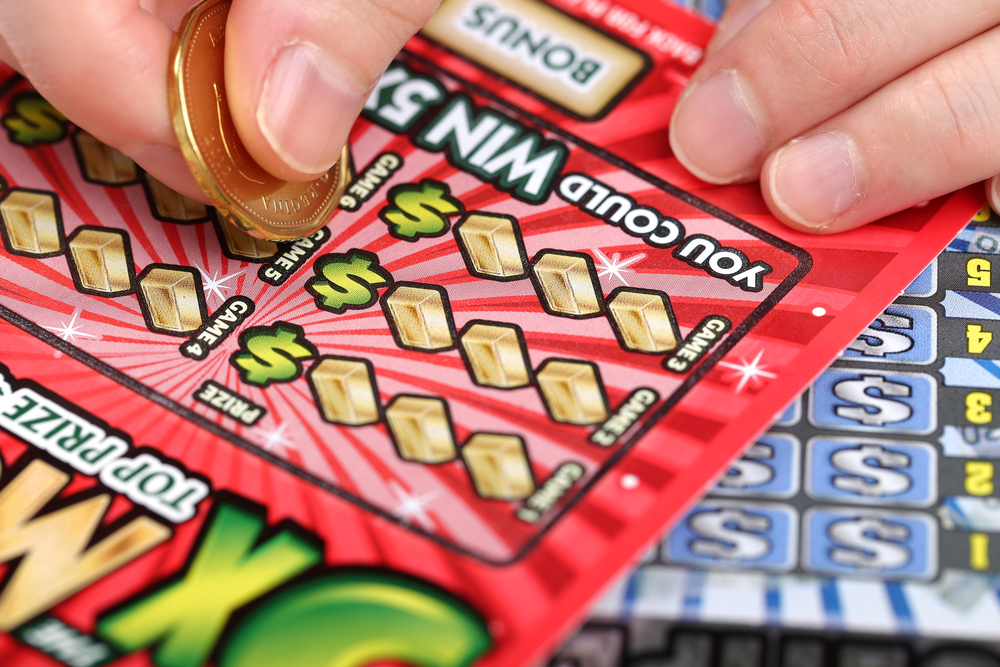
The idea of striking it rich with a lottery ticket is a tempting fantasy. Gas stations know this and place their enticing displays right by the checkout. While the occasional ticket might be harmless fun, relying on them as a financial strategy is risky. Statistics show that your chances of winning are astronomically low, making it more of a donation than an investment.
These small purchases can add up, becoming a habitual expense over time. Instead of potential riches, you may end up with buyer’s remorse and less cash in your wallet. Consider setting aside that money for a savings goal or a treat that guarantees satisfaction. Remember, the lottery is designed to collect more than it gives.
9. The Overpriced Emergency Supplies

Caught in a bind without sunscreen, a phone charger, or a first-aid kit? Gas stations thrive on selling these last-minute necessities at a premium. It’s the cost of convenience, but it can quickly add up if you’re not careful. The solution lies in planning ahead so you aren’t caught off guard.
Keep a well-stocked emergency kit in your car to avoid these inflated prices. Basic supplies purchased elsewhere can save you from sticker shock at the pump. This foresight not only spares your wallet but gives you peace of mind. After all, preparation always beats a panic purchase.
10. The Flashy Souvenirs and Branded Accessories

Those cute keychains and branded mugs might catch your eye, but they’re often marked up significantly. Gas stations capitalize on the novelty and impulse buying, offering items at inflated prices. While they make for fun mementos, consider whether their cost is truly justified. More often than not, these souvenirs offer more sentiment than substance.
If you’re keen on collecting keepsakes from your travels, consider seeking out local artisans or shops instead. Not only might you find something more unique, but you’ll likely support small businesses. Plus, you’ll have a story to accompany your purchase, making it far more valuable than a generic trinket. Being mindful of these costs can keep your travel budget intact.
11. The “Healthier” Fast Food Choices
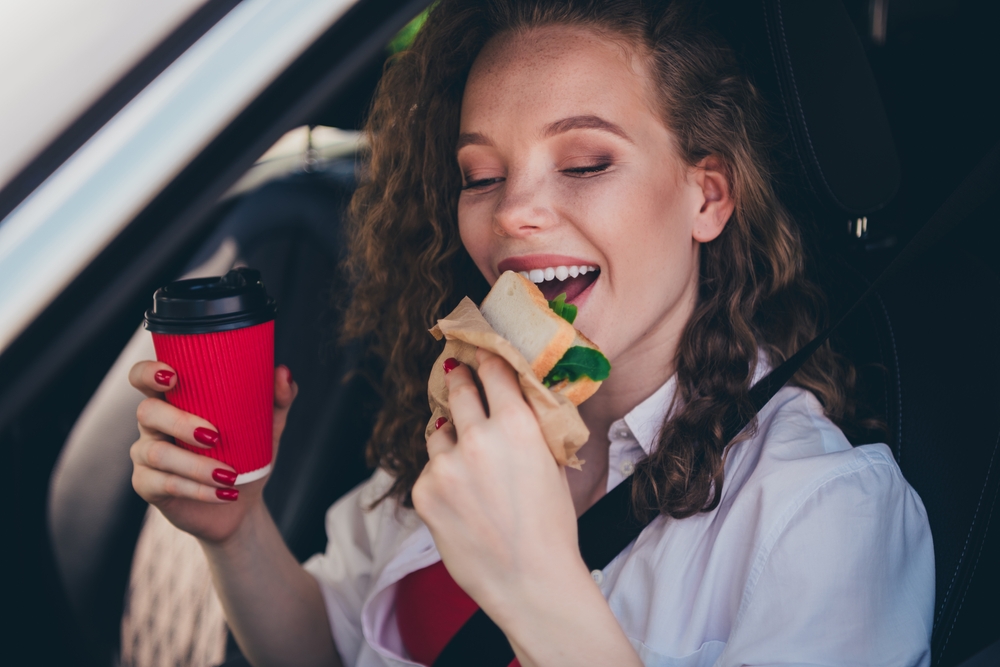
Gas stations have expanded their food selections to include seemingly healthier options. The labels might boast organic ingredients or low-calorie counts, but the nutritional value isn’t always superior. These items often come with a heftier price tag, banking on your desire to eat better on the go. Yet, a closer look at the ingredients or portion sizes can reveal less-than-ideal choices.
Convenience foods, even with health labels, tend to have added preservatives or sugars. Instead of paying extra here, consider packing snacks from home. It ensures you know exactly what you’re consuming, and it’s often more cost-effective. That way, you maintain both your health and your budget.
12. The Expired or Near-Expired Goods
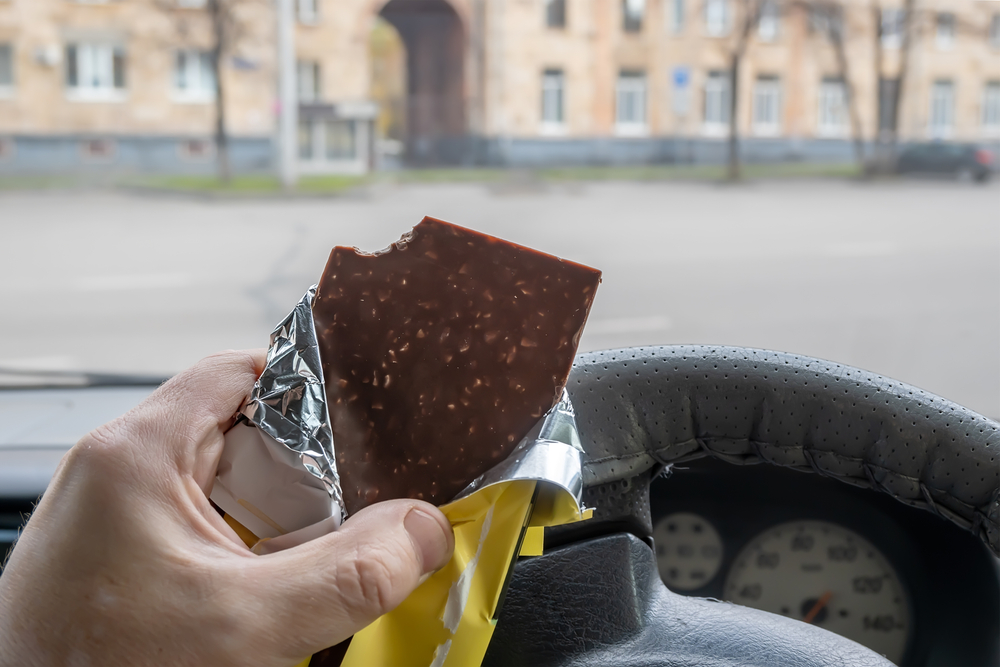
Discount bins filled with snacks or drinks nearing their expiration dates can seem like a bargain hunter’s dream. Yet, the savings might not outweigh the risk of consuming stale or spoiled items. Gas stations aim to offload these products before they become unsellable at full price. But purchasing them means you must be vigilant about their freshness.
Always check expiration dates before buying discounted goods. If you aren’t going to consume them immediately, you might be wasting money. It’s a gamble that doesn’t always pay off, especially with perishable items. Sometimes, paying the full price for freshness is the smarter choice.
13. The “Always Open” Premium
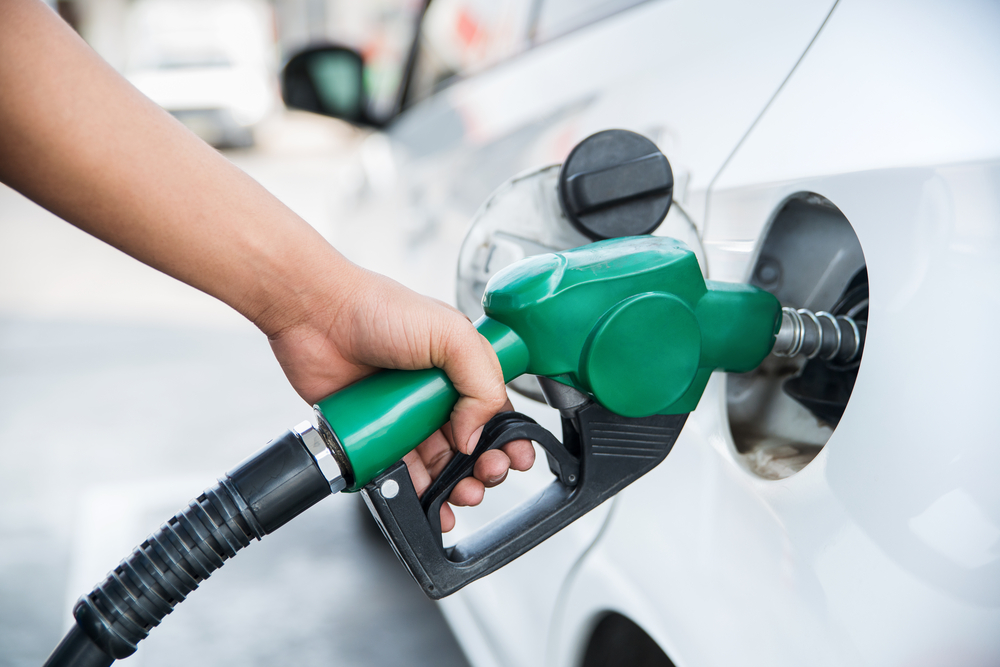
Gas stations that operate 24/7 offer unparalleled convenience, often at increased prices. The late-night or early-morning runs for snacks, coffee, or essentials come with a hidden cost. You’re paying for the privilege of accessibility, but are there better alternatives? Convenience doesn’t always justify the price hike.
If possible, plan your shopping during regular hours or visit stores known for more competitive pricing. While it’s tempting to pay for convenience, a little foresight can save you money. By shopping smartly and planning ahead, you can avoid falling into the convenience trap. It’s all about balancing your needs with your budget.
This article is for informational purposes only and should not be construed as financial advice. Consult a financial professional before making investment or other financial decisions. The author and publisher make no warranties of any kind.








